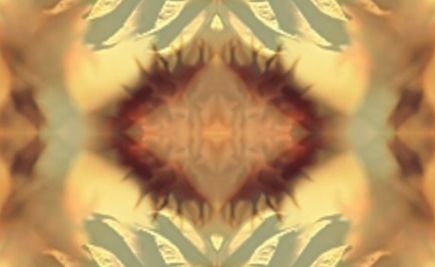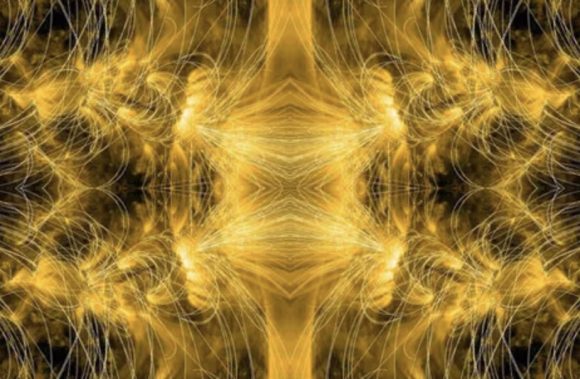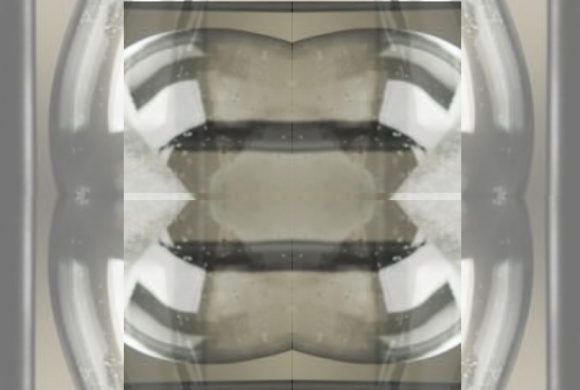
I have posed what I’ve called, perhaps a bit over-dramatically, the ‘provocative’ thesis that the ideas Jung extracts from the Pauli dream series in Psychology & Alchemy (GW XII) have not the general validity he claims for them; that they’re really just an interpretation of a single subject’s psychological and narrative world. I have made a case for this thesis in one of my previous posts;...








